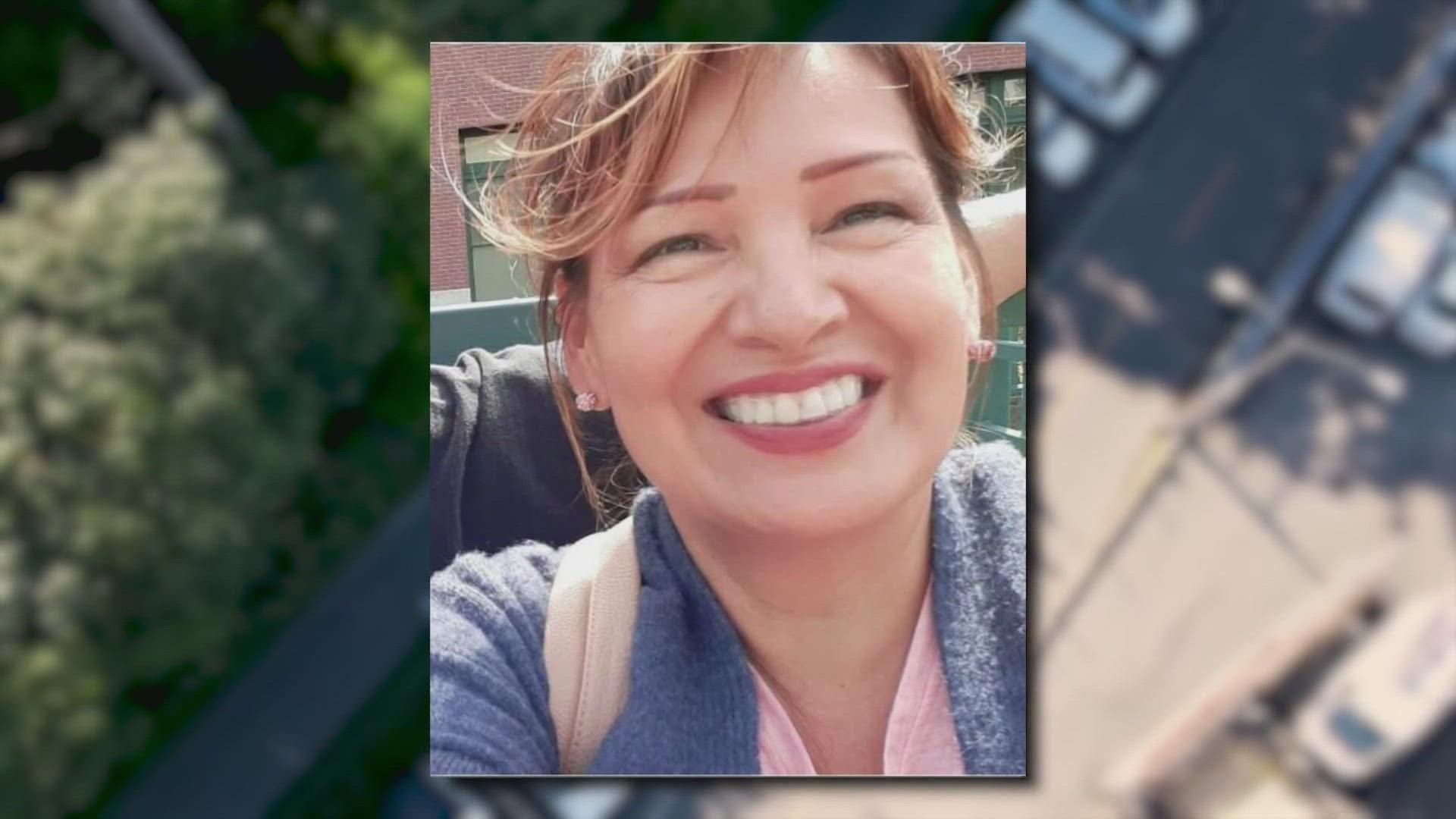SEATTLE — A body found on University of Washington's campus near the Burke-Gilman Trail was that of a 56-year-old missing Indigenous woman, her family told KING 5.
Mavis Nelson's body was found in the Kincaid Ravine near Ravenna Avenue Northeast and Northeast 45th Street in June. Her death was ruled a homicide.
Ernestine Morning Owl, Nelson's sister, said she spoke to Nelson in April. She did not know Nelson was missing until she found out her sister was dead.
Nelson was a mother of three and member of the Yakama Tribe.
"It's been tragic to a lot of us over here, to my family over there that live in the Yakima Valley, and to the family that she was raised with in Goldendale," Morning Owl said.
As Nelson's family grieves, Seattle police are investigating the homicide. A medical examiner said Nelson was killed in a stabbing.
Native Americans are murdered, sexually assaulted and become the victims of violent crime at higher rates than the national average, according to the Bureau of Indian Affairs.
In an effort to combat the crisis of missing and murdered Indigenous people in Washington, a legislative task force has an ambitious plan.
Washington Attorney General Bob Ferguson is asking state leaders for funding to start a cold case unit focusing on unsolved murders of Indigenous people.
According to the latest data available, the city of Seattle leads the nation in the number of murdered and missing Indigenous women and people (MMIWP) cases. Washington has the second highest number of cases of any state in the country.
According to the data presented by the task force, of the 2,268 recorded unsolved homicides in Washington, nearly 5% involve an Indigenous victim. Yet Indigenous people make up less than 2% of the state population.

